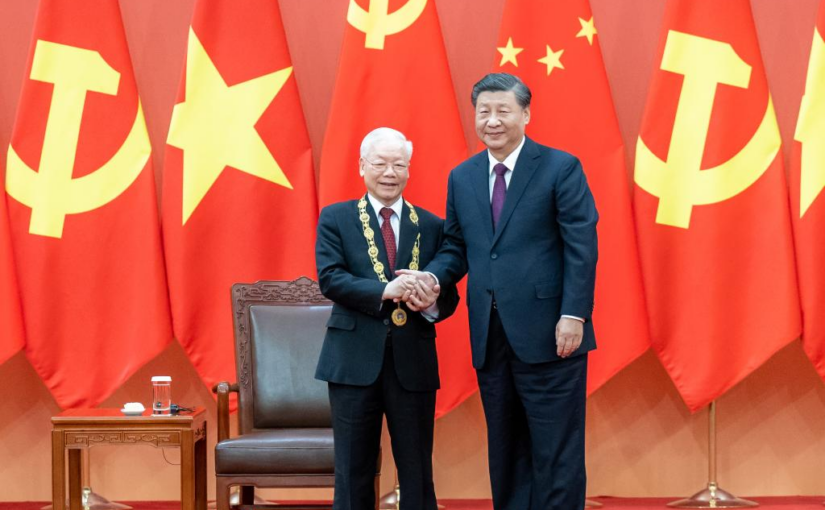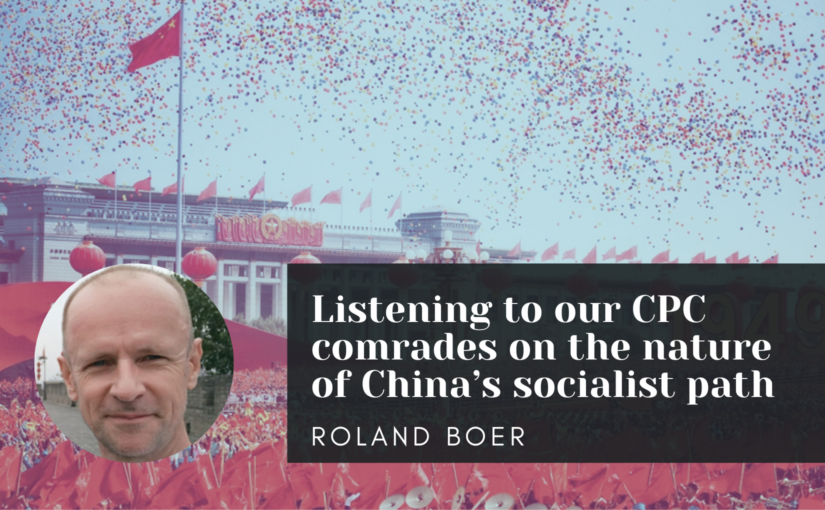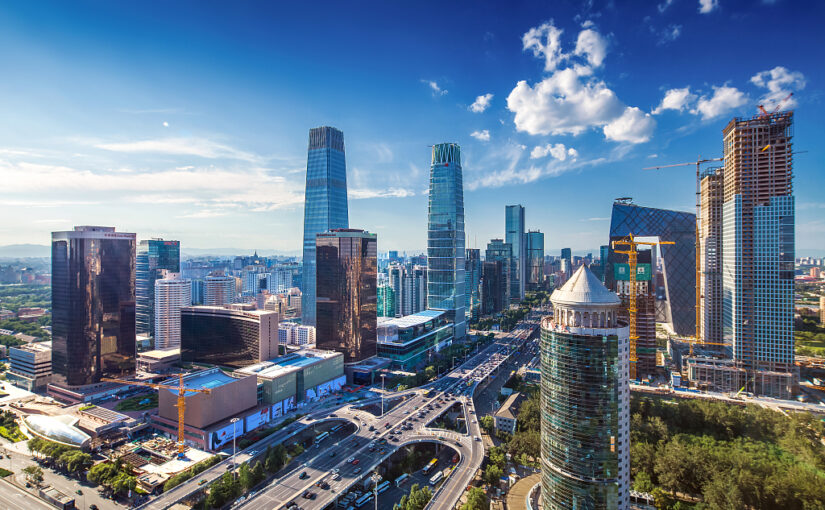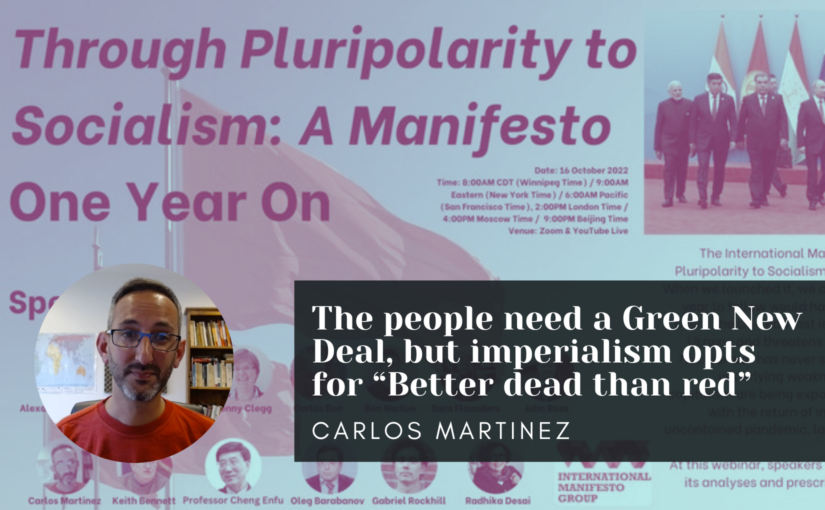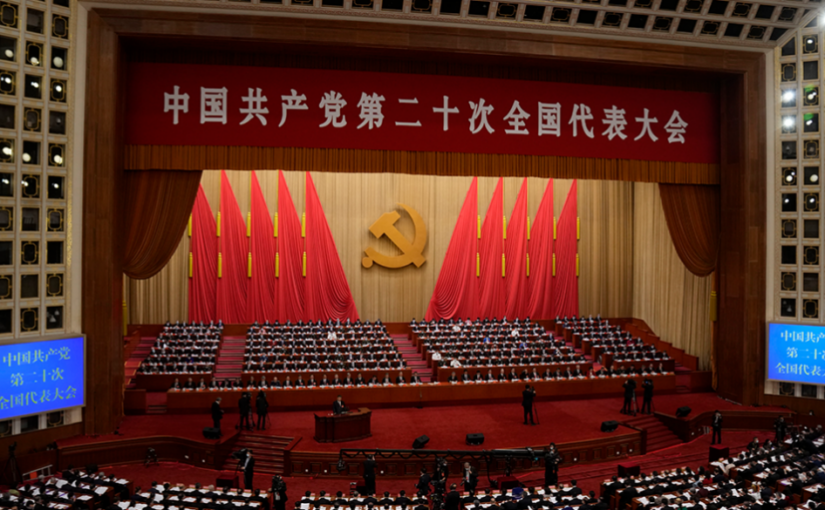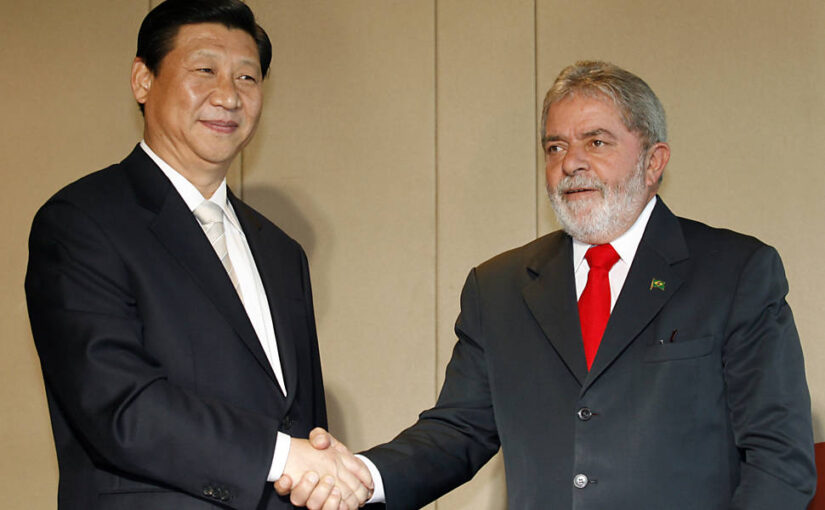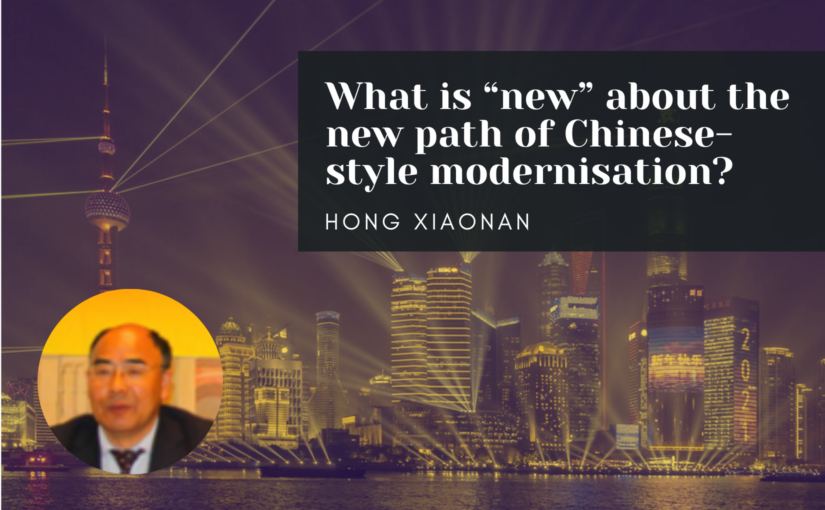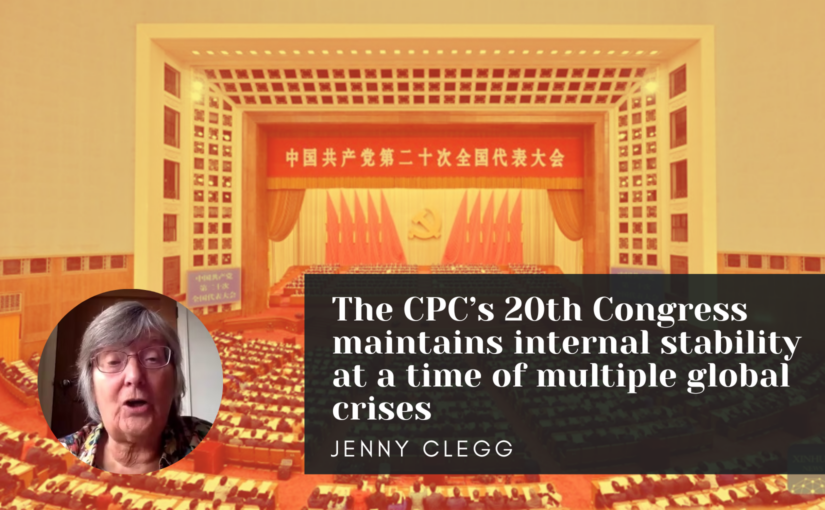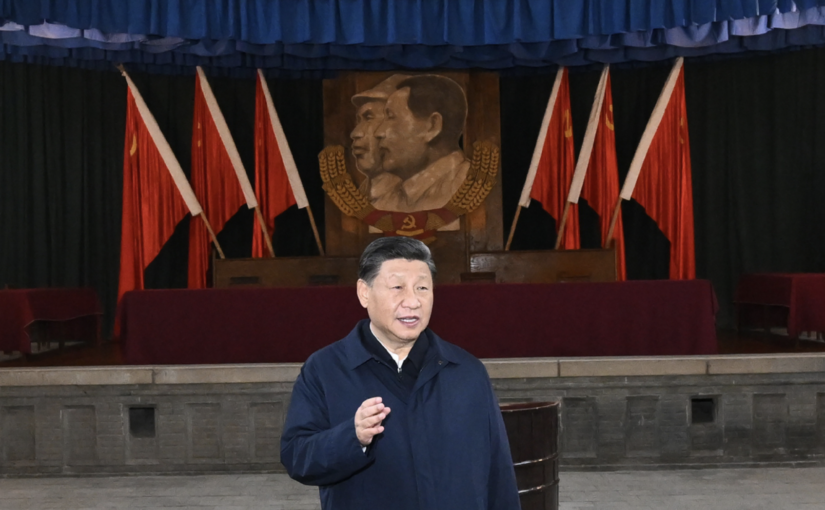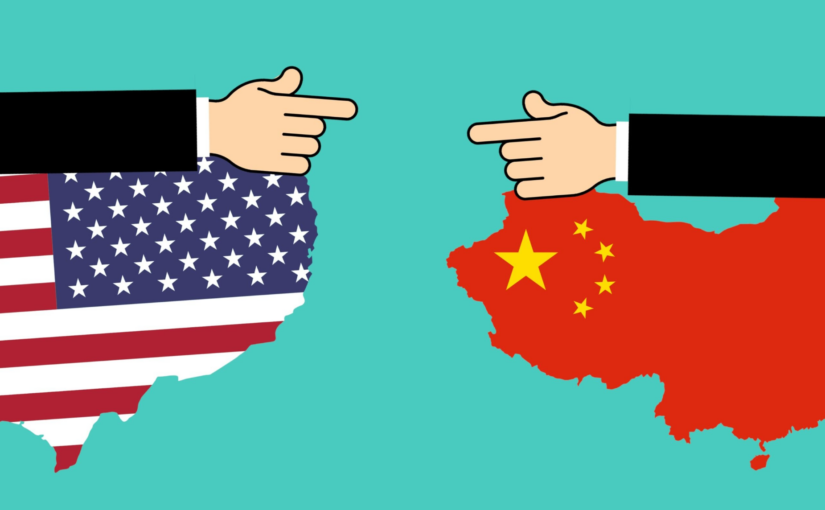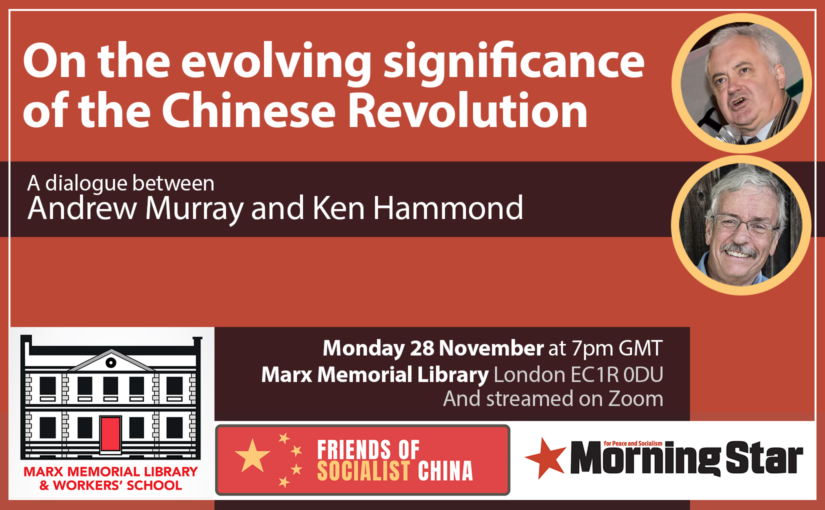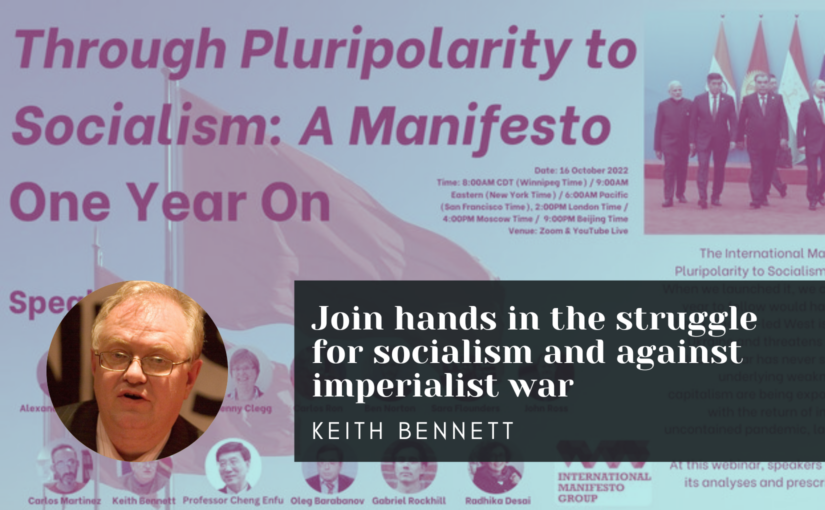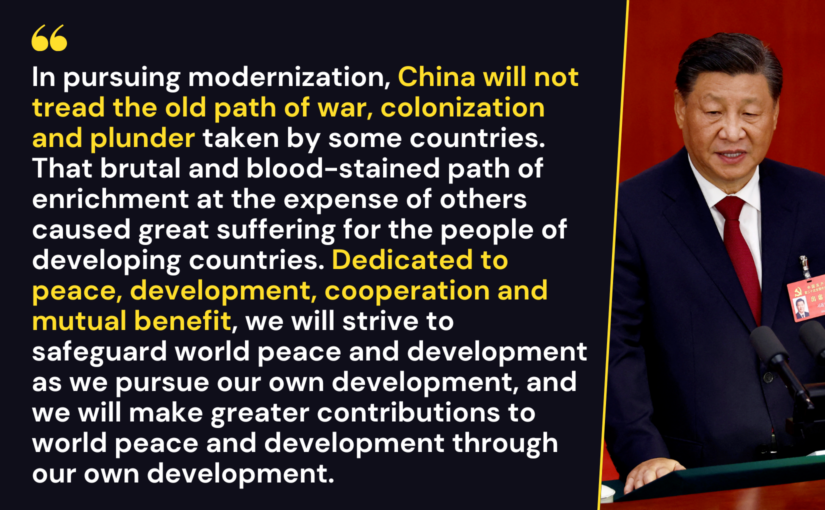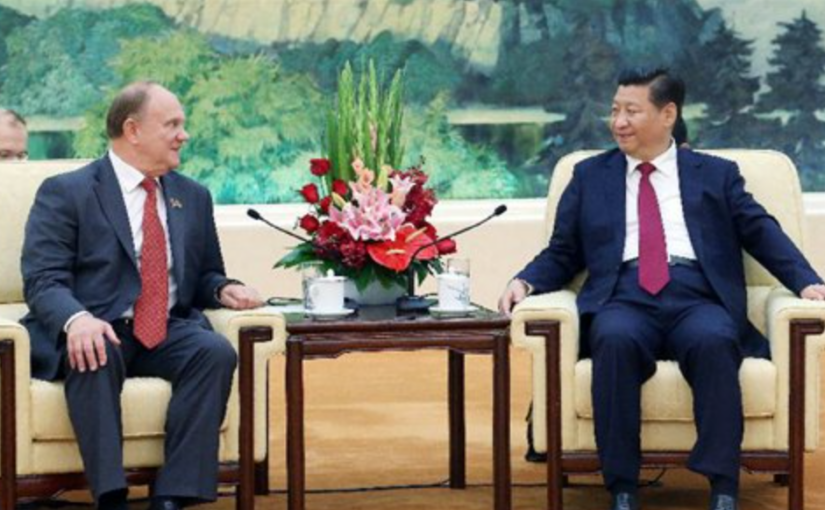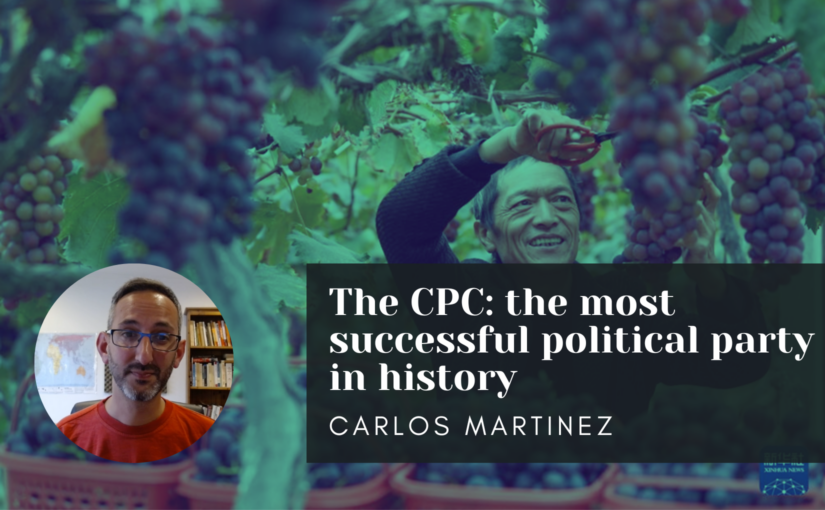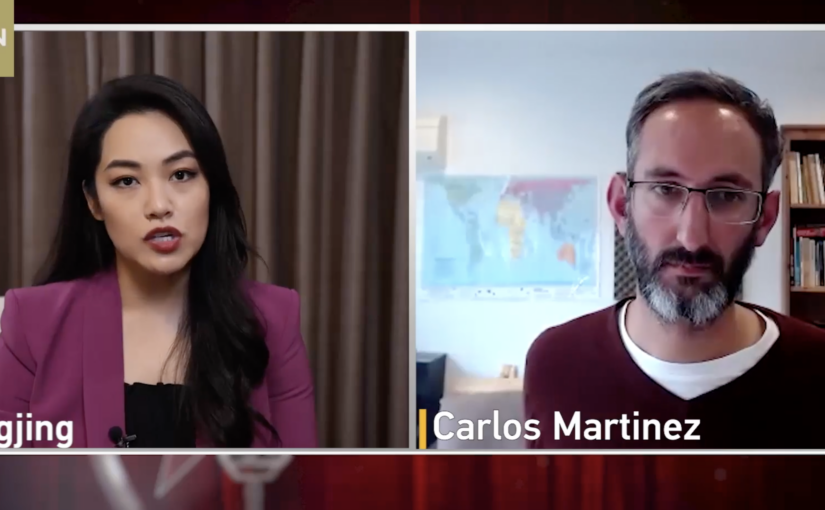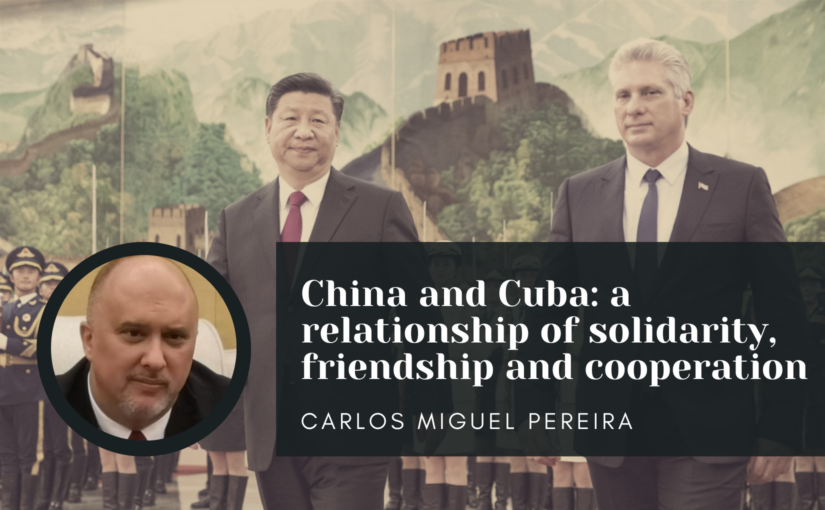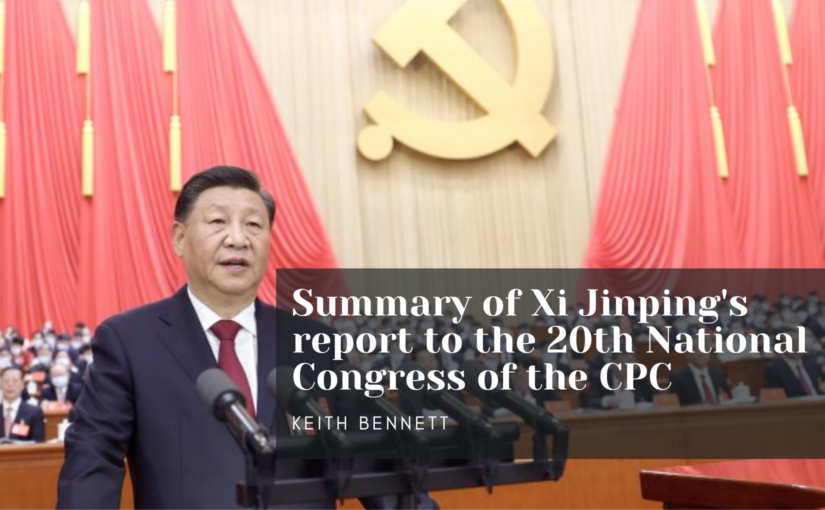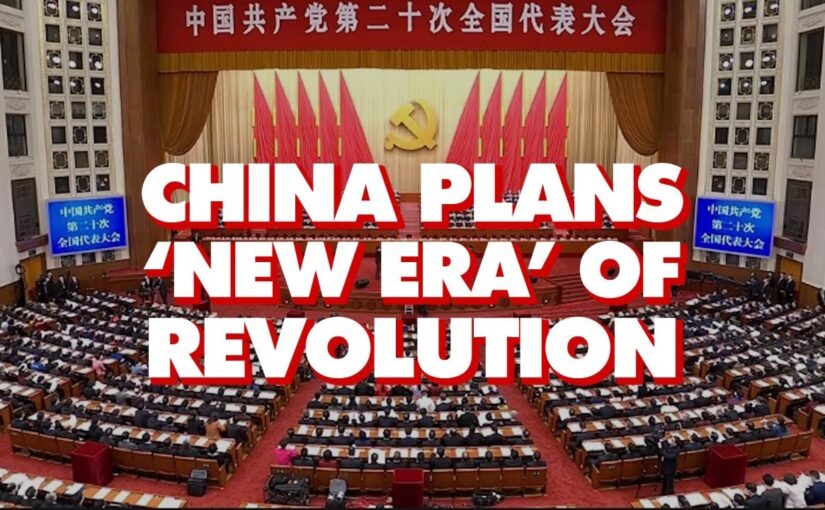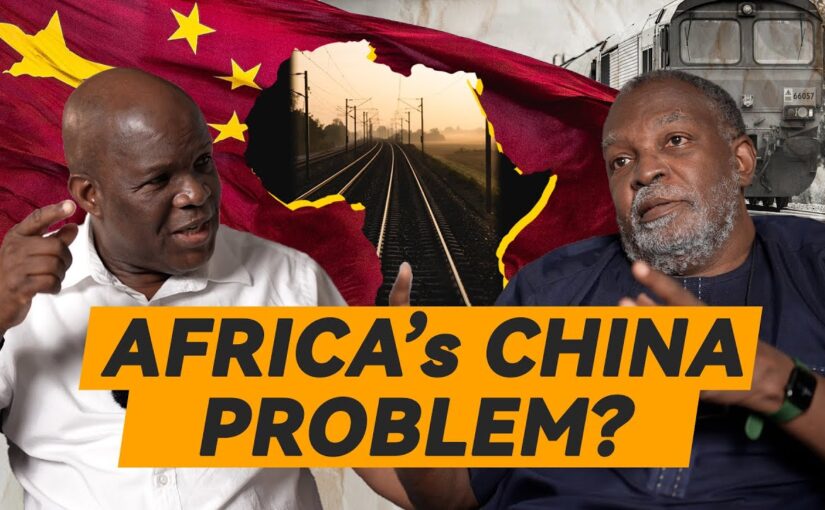Following closely on from the 20th Congress of the Communist Party of China, last week saw a flurry of diplomatic activity in China, with the successive visits of the General Secretary of the Communist Party of Vietnam, the Prime Minister of Pakistan, the President of Tanzania, and the Chancellor of Germany.
The visit by the Vietnamese General Secretary Comrade Nguyen Phu Trong was marked by exceptional warmth, signaling a qualitative advance in the relations between the two neighboring socialist countries. Besides being the first foreign leader to visit China after the Congress, it was Trong’s first overseas trip since his own re-election as general secretary at his party’s 13th National Congress in early 2021. At that time, he promised that his first visit would be to China, reciprocating Xi Jinping’s first overseas visit being to Hanoi after the CPC’s 19th Congress in 2017.
Leading Chinese newspaper Global Times commented: “China and Vietnam are two socialist countries and the ruling parties of the two countries have deep and long-standing relations with revolutionary tradition built in the era they fought side by side against foreign invaders and colonialists, so the bilateral ties of the two countries are always guided by the inter-party relations between the CPC and the CPV… For some time, some Western media and observers have tried to hype the disputes and competition between China and Vietnam. The US in the past few years has also tried to rope in Vietnam to join the US strategy to contain China, but Nguyen’s visit just once again proves that the West has failed to understand and interpret the ties between China and its neighbor.”
Besides paying attention to diverse areas of bilateral cooperation – with 13 cooperation documents signed by the two sides – along with regional and international issues, the visit was notable for the strong emphasis placed by both sides on the importance of their joint commitment to the defense and promotion of the cause of socialism.
At their meeting, Xi Jinping noted that the development of human progress is a long and tortuous process, while the development of socialist countries is facing a very complicated international environment and severe risks and challenges. He called on the CPC and the CPV to strive for the happiness of the people and the progress of humanity, make every effort to advance socialist modernization, and never allow anyone to interfere with their progress or any force to shake the institutional foundation of their development.
On further developing China-Vietnam relations, Xi stressed that the two sides should adhere to the direction of socialism. “For the cause of socialism and China-Vietnam relations, adhering to the correct political direction is paramount.”
Xi Jinping also awarded his Vietnamese counterpart with the Friendship Medal, China’s highest decoration for foreigners. In doing so, he hailed Trong as a staunch Marxist, and a close comrade and sincere friend of the CPC. The medal represents the friendly feelings of the CPC and the Chinese people toward Trong and the Vietnamese people, symbolizes the profound friendship between China and Vietnam as “comrades and brothers”, and embodies the ardent hope of the two parties and the two peoples for a better future together, said Xi.
Noting China and Vietnam are good neighbors and friends “connected by mountains and rivers, as close as lips and teeth,” Xi said the two countries are like-minded comrades and partners with a shared future committed to the cause of peace and progress of humanity.
On the journey of promoting socialist modernization of the two countries, the CPC is willing to work with the CPV led by Trong to inherit the traditional friendship created and carefully cultivated by Mao Zedong, Ho Chi Minh and other older-generation leaders of the two parties and two countries, and to jointly lead China-Vietnam relations to achieve greater development.
In a joint statement released by the two countries at the conclusion of the visit, the two sides again agreed that the traditional friendship of being both comrades and brothers, which has been built and cultivated by President Ho Chi Minh, Chairman Mao Zedong and other senior leaders, is a valuable asset of the two peoples, which should be further inherited, protected and promoted well. It further noted the importance of the consistent and creative application and development of Marxism-Leninism in promoting the cause of Party building and socialism, so as to constantly develop and make efforts for the cause of peace and progress of humanity.
The following articles were originally carried on the website of China’s State Council and by the Xinhua News Agency and the Vietnamese party newspaper Nhân Dân.
Xi holds talks with Vietnam’s communist party chief
Xi Jinping, general secretary of the Communist Party of China (CPC) Central Committee and Chinese president, held talks on Oct 31 with Nguyen Phu Trong, general secretary of the Communist Party of Vietnam (CPV) Central Committee.
The two sides agreed to consolidate the traditional friendship, strengthen strategic communication, enhance political mutual trust, and properly manage differences, so as to push the China-Vietnam comprehensive strategic cooperative partnership in the new era to a new level.
Xi warmly welcomed Trong’s official visit to China following the 20th CPC National Congress, noting that he has maintained close communication with Trong in various ways and reached many important consensuses on guiding the development of China-Vietnam relations in recent years. “These consensuses have been fully implemented and remarkable results have been achieved,” he said.
Continue reading Nguyen Phu Trong visit signals important advance in China-Vietnam relations